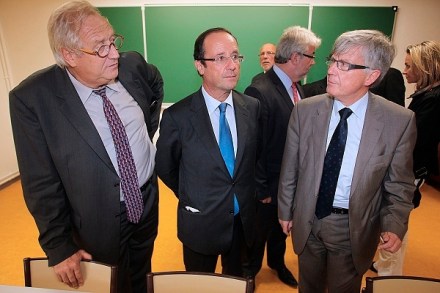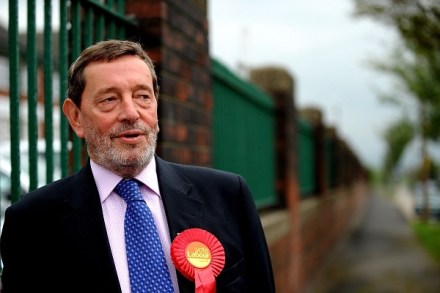Why do-gooding ‘sin taxes’ always stink of politics
Nutella may have been created by Italians, but it is the French who really love it. The hazelnut spread is a fantastically popular accompaniment for everything from bread for breakfast to crêpes for a delicious dessert. Yet the French Senate, in its infinite wisdom, decided that Nutella should be taxed. The proposal was voted through the Senate, before being stopped by a very unlikely coalition of Communists and conservatives. The plan to impose a ‘sin tax’ on Nutella in France was obviously ludicrous; but it was also full of politics. Sin taxes and green taxes may look like an efficient intervention on an economist’s blackboard; but they never live up

















